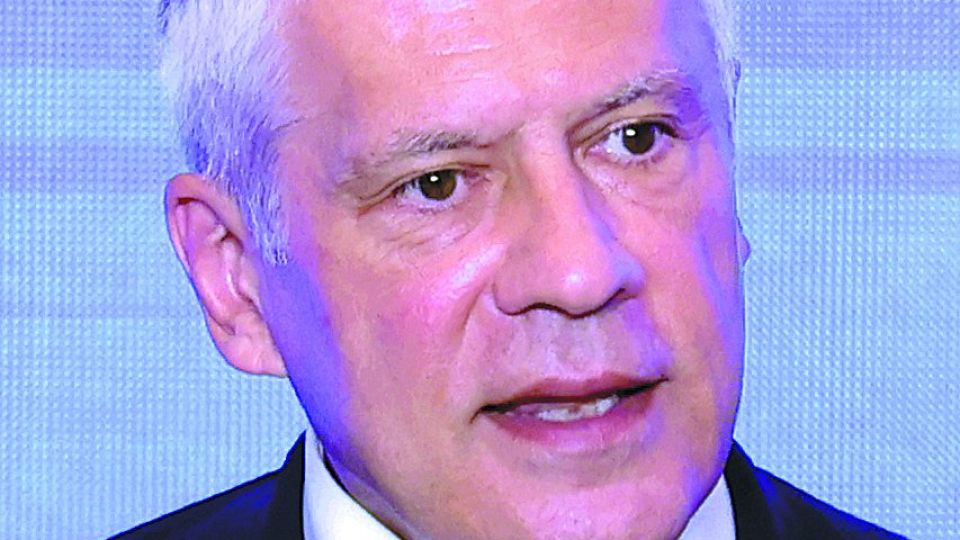September 8, 2023
BEIJING – Former Serbian president hails vision’s role in tackling economic downturn
Europe should overcome its prejudices against the Belt and Road Initiative, as the China-proposed vision has a positive role to play in tackling the dire economic challenges facing the continent, including simmering inflation, said Boris Tadic, former Serbian president.
Tadic, who served as Serbia’s head of state from 2004 to 2012, said that the BRI helps to spur trade and economic cooperation, which plays a useful role in tackling inflation, something that remains very grave in Western economies.
A Reuters report on Wednesday noted that although inflation in the eurozone has halved from the 10.6 percent peak it reached in October, prices are still rising at more than twice the European Central Bank’s 2 percent target.
“I’m sure that the BRI didn’t trigger inflation in Europe. This is for sure,” added Tadic, in an interview with China Daily.
Tadic warned that if economies in the European Union continue to face problems such as inflation and the impact of the Ukraine crisis, then “small countries like Serbia and western Balkan countries are going to pay an extremely high price.”
“This is something that is happening in history, which is very, very awful,” he said. “This is why I think that we have to take into consideration seriously the benefits coming from the BRI in terms of decreasing inflation nowadays.”
Currently, China and the EU are each other’s second-largest trading partner, and their bilateral trade reached an all-time high of $847.3 billion last year, registering a year-on-year increase of 2.4 percent, according to China’s Ministry of Commerce.
The former Serbian head of state also highlighted the BRI’s role in helping both China and Europe cope with turbulence in the global economy.
“We are living in a very difficult time in the history of mankind. A lot of challenges are stalking every country, and a lot of problems are coming in our lives,” Tadic said.
“And this is why I think that we have to work more on empathy and solidarity, and the sharing economy,” he said.
Tadic said that over the past decade since the BRI was proposed by President Xi Jinping, it has proved to be a “game changer in the global arena” that has strengthened the cause of multilateralism and improved the overall situation for participating countries. He added that the BRI “is a really significant contributor to connectivity and peaceful solutions”.
He also said that the criticism of the BRI from some European politicians and scholars was based on a prejudiced and stereotyped viewpoint.
“I think that we have to escape from the prejudices, from the stereotypes,” stressed Tadic, adding that those who harbor such views with regard to the BRI are demonstrating their failure to adapt to new circumstances.
“In the history of mankind, new initiatives create new circumstances. Not everyone is able to accommodate himself to the new circumstances.”
“When we are going to have a game changer in some markets, then countries, especially Western countries, the most developed countries, have to accommodate to the new situation,” he said.
Tadic also highlighted the connection between Europe and China, which he said “is going to be mutually beneficial for both sides”.
Speaking on the BRI’s essence, Tadic said it is in nature about “the very fast development of China, and the contribution of China and the Chinese economy to the global economy”.
Hailing China’s rapid development in recent decades, he noted that the country lifted almost 800 million people from poverty.
He pointed out that, without the significant contribution made by the Chinese economy, the world would be in a “much more difficult situation, given the economic crises in 2008 and 2012”, and noted that China was a “driving force” in overcoming such crises.


